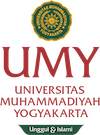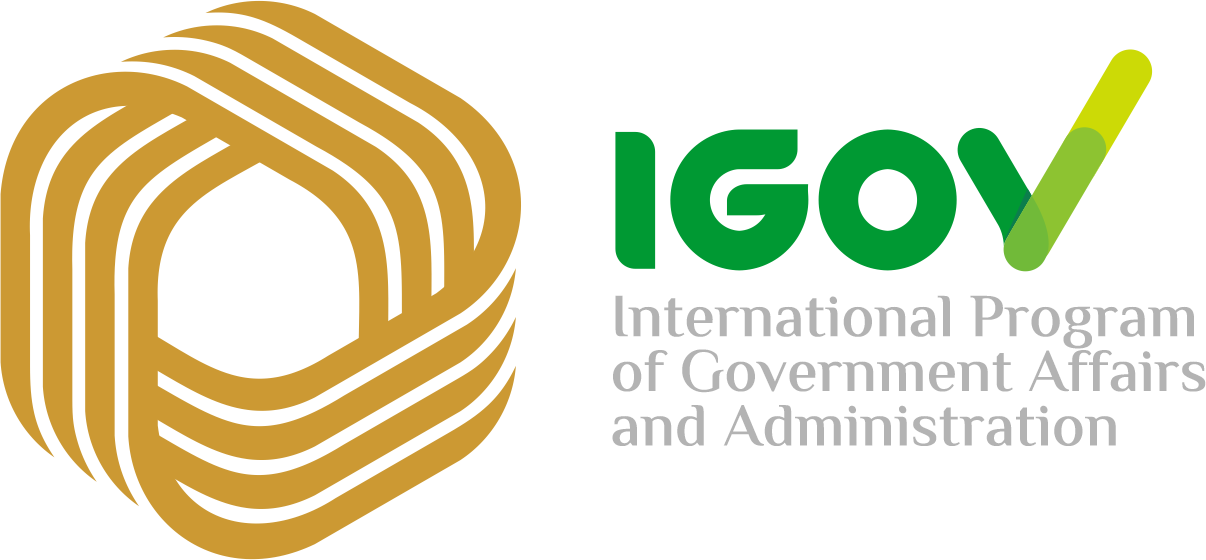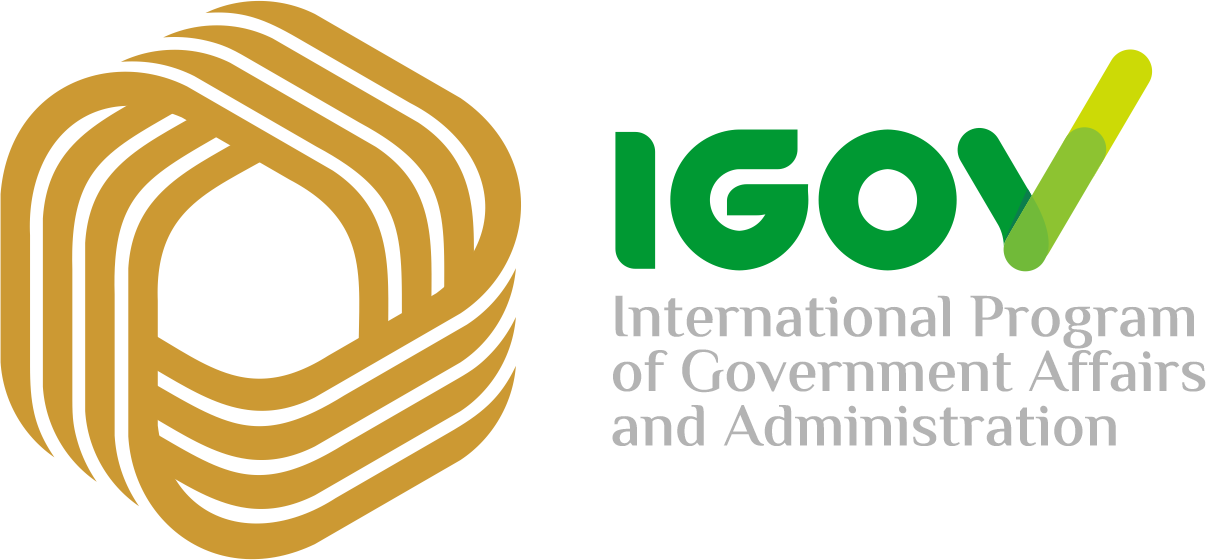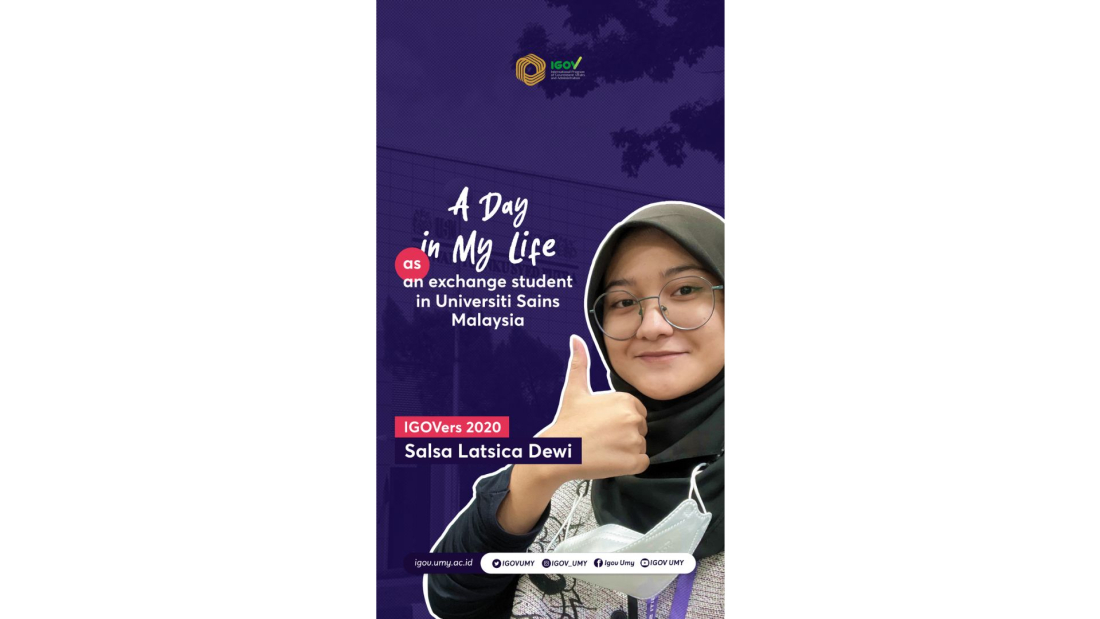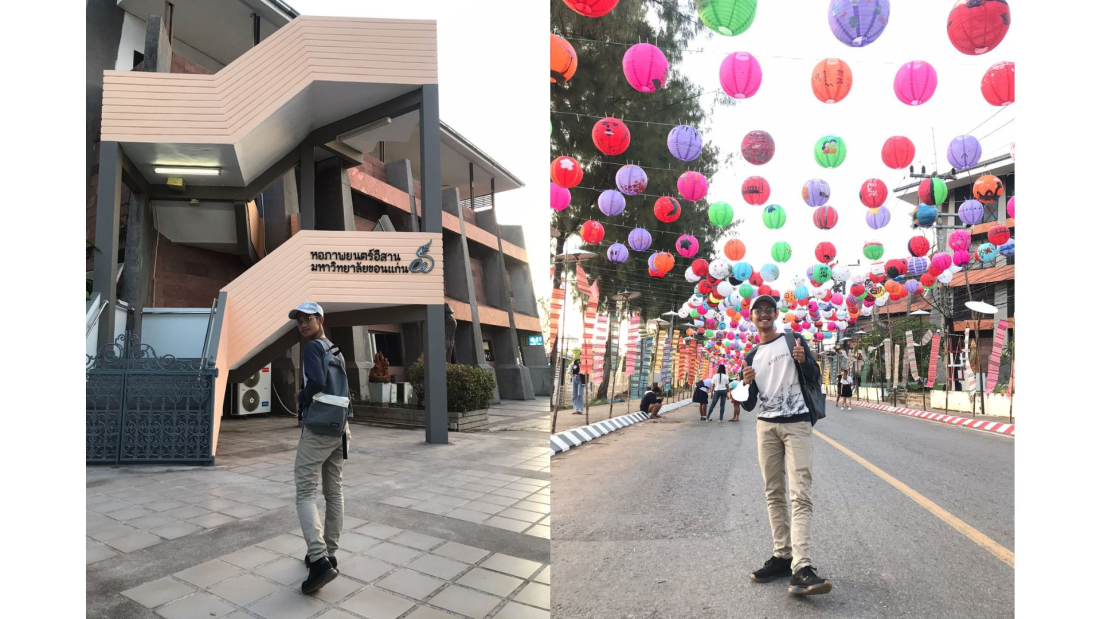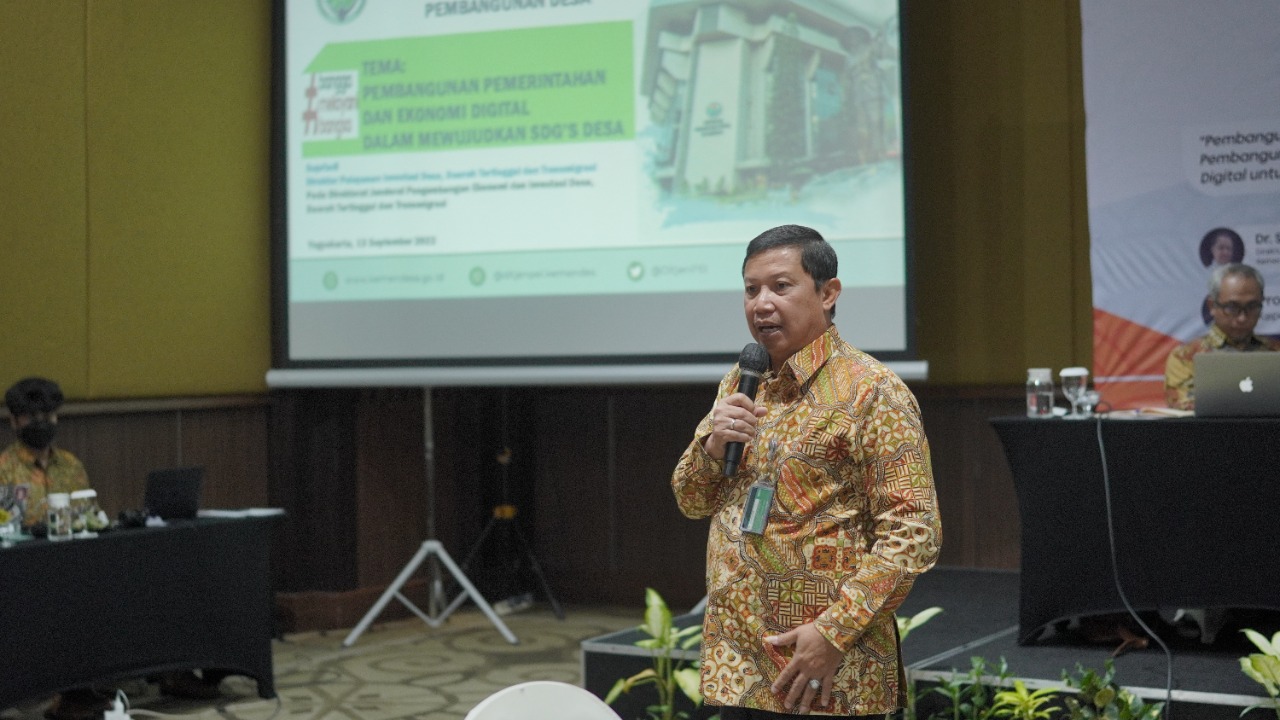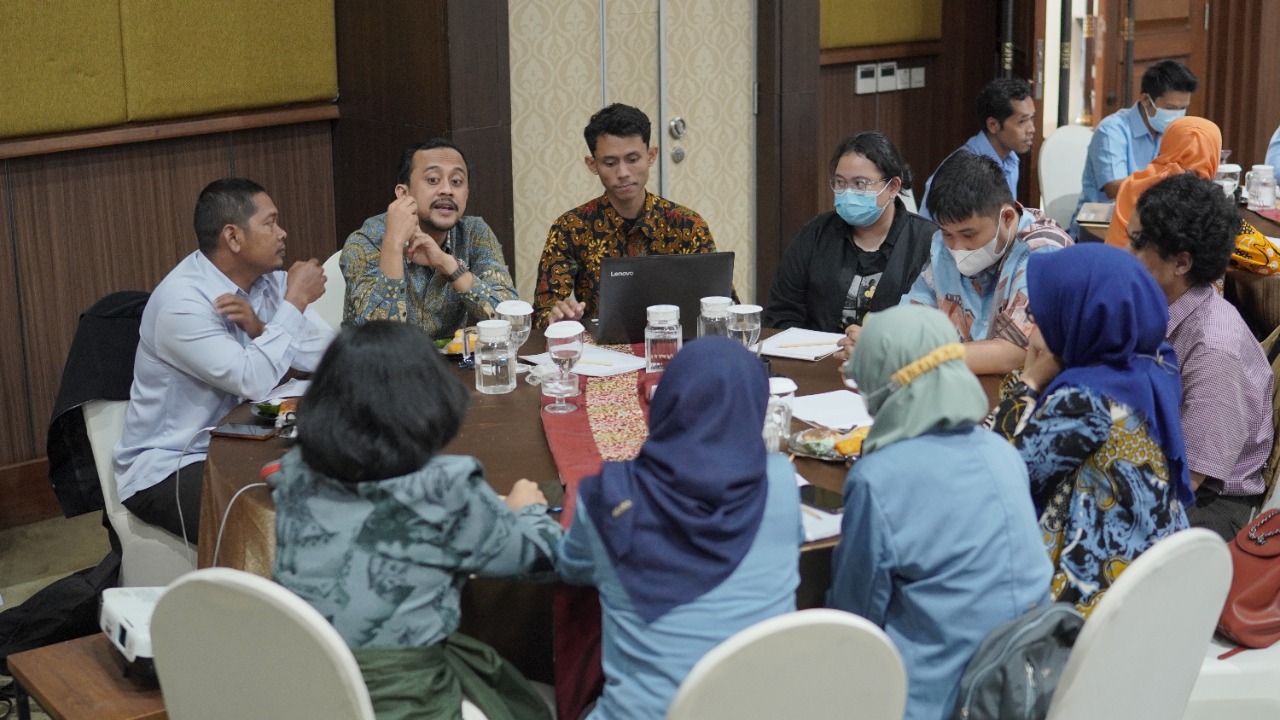Yogyakarta (7/11) – Living in a foreign country is not an easy thing to do, especially when there are many differences. However, this will be a new learning experience that will mature us because our minds will be more open. Student exchange is usually synonymous with academic elements only, but the non-academic elements are rarely highlighted. So people who take part in this activity are mostly only oriented to feel the atmosphere of studying abroad. Whereas in addition to carrying out academic activities, students can carry out non-academic activities which will become stories and memories when they return to Indonesia.
As did Salsa Latsica Dewi, one of the students of the International Program of Government Affairs and Administration, Universitas Muhammadiyah Yogyakarta (IGOV UMY) Batch 2020 who is conducting a student exchange program at Universiti Sains Malaysia, Malaysia for 1 semester. Besides doing academic activities, she also carries out non-academic activities to expand his network of friends and explore entertainment in Malaysia. According to her, apart from academic activities, there are non-academic activities that students should try when conducting student exchanges, namely:
Strolling around the city
Of course, it will be very unfortunate if we just stay in the dormitory, therefore Salsa uses this opportunity to stroll around Queensbay, Penang, and watch the Sepang MotoGP
2. Try local cuisine
Culinary tourism is a must-try thing for students who are doing student exchanges because we will encounter dishes that do not necessarily exist in Indonesia. For now, Salsa’s favorite local eatery is Mamak Hub in Penang. This local restaurant sells various foods such as nasi lemak, martabak, basmathi fried rice, pizza paratha, etc.
This activity certainly has a positive impact and is an effective way to accelerate the transition and adaptation process. (ARP)
